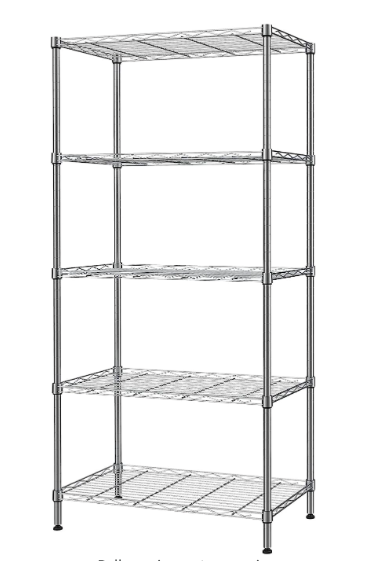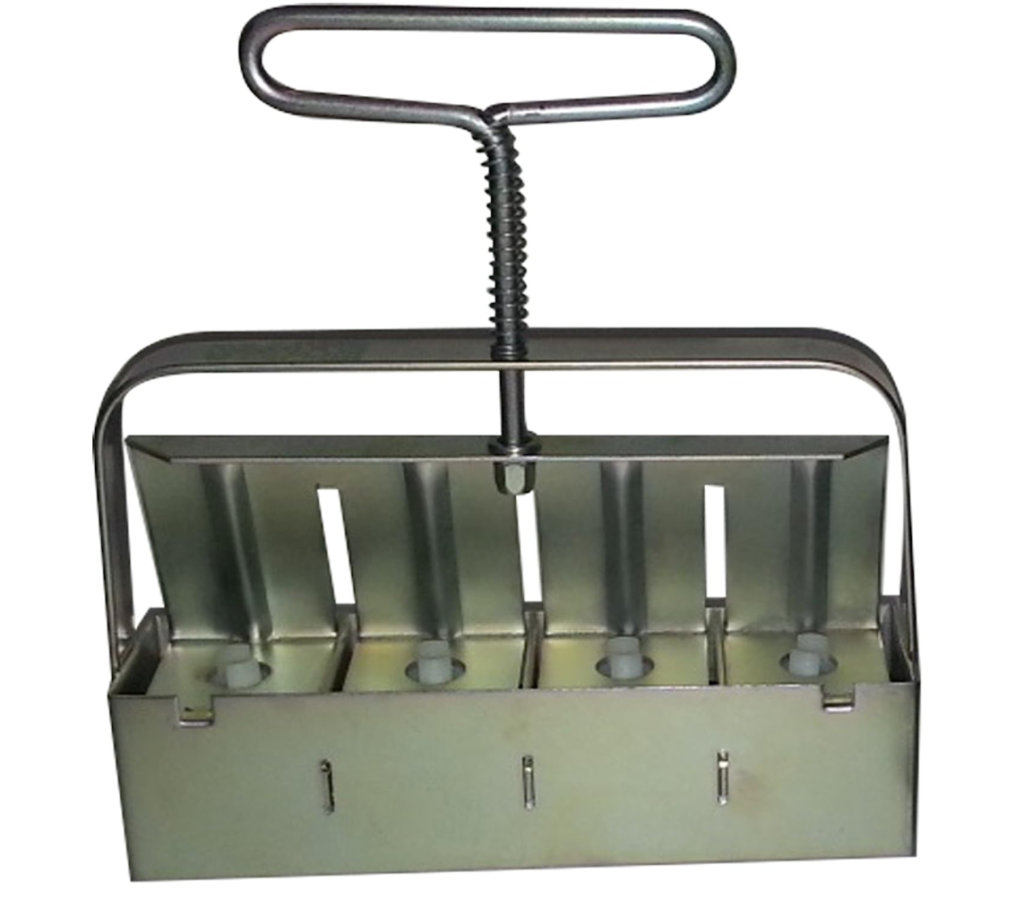The decision to buy seeds or transplants depends on a variety of factors, including your skill level, the time of year, and the specific plants you want to grow.
Seeds are generally less expensive than transplants, and they offer a wider range of plant options. They also allow you to start plants indoors, which can be a fun and rewarding activity for gardeners of all levels. Starting seeds indoors also allows you to get a head start on the growing season and can help ensure that your plants are ready to go when it’s time to plant them outdoors.
However, starting seeds indoors requires more time and effort than buying transplants, and there is a greater risk of failure if you don’t provide the right growing conditions. Additionally, some plants don’t transplant well and may do better when started directly in the garden.
Transplants, on the other hand, are convenient and easy to plant. They also offer instant gratification, as they are already established and ready to grow. Buying transplants can be a good option if you’re short on time, or if you live in an area with a short growing season.
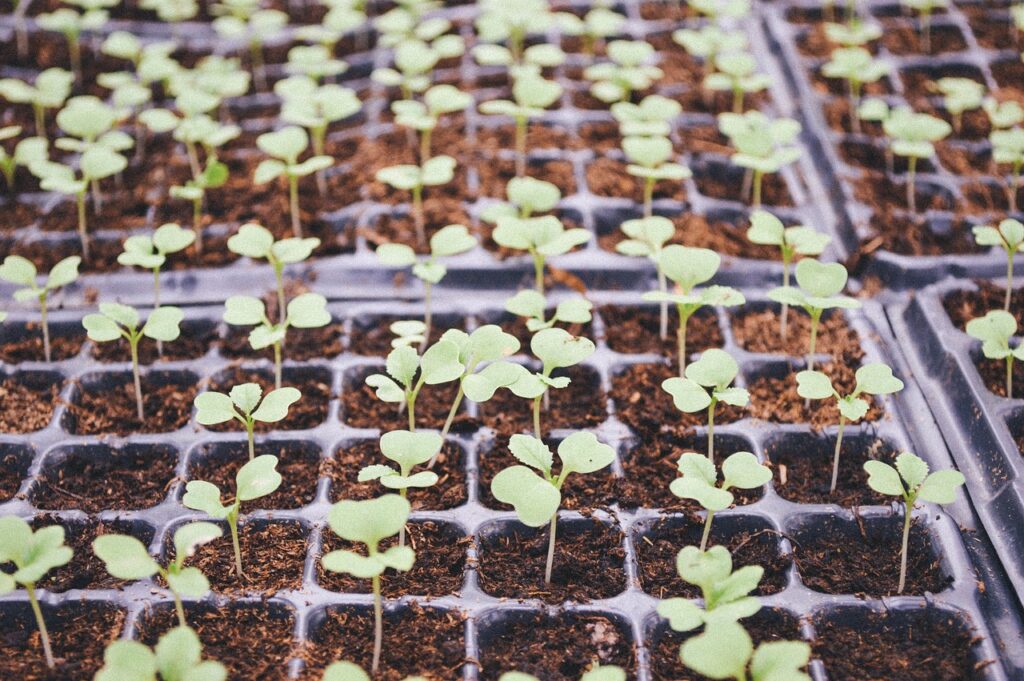
What are the Pros and Cons of Buying Seeds?
Pros of Seeds:
- Cost-effective: As mentioned earlier, seeds are generally less expensive than transplants, especially if you save and reuse your own seeds.
- Greater variety: Seeds offer a wider range of plant varieties to choose from, including rare and heirloom options that may not be available as transplants.
- Customization: Starting from seed allows you to control the entire growth process, from seed selection to transplanting and harvesting.
- Stronger root system: Seeds produce stronger root systems than transplants, which can lead to healthier plants and higher yields.
Cons of Seeds:
- Time-consuming: Starting from seed can be a time-consuming process, especially if you need to provide adequate light and heat to promote germination.
- Greater chance of failure: Seed germination can be tricky, and there’s always a risk of low germination rates, fungal or pest problems, and other factors that can affect the success of your crop.
- Weather-dependent: Outdoor seed starting is often dependent on weather conditions, which can be unpredictable and affect the overall success of your crop.
- Slow growth: Starting from seed can also mean a slower start to your growing season, which may not be ideal for some plants or regions.
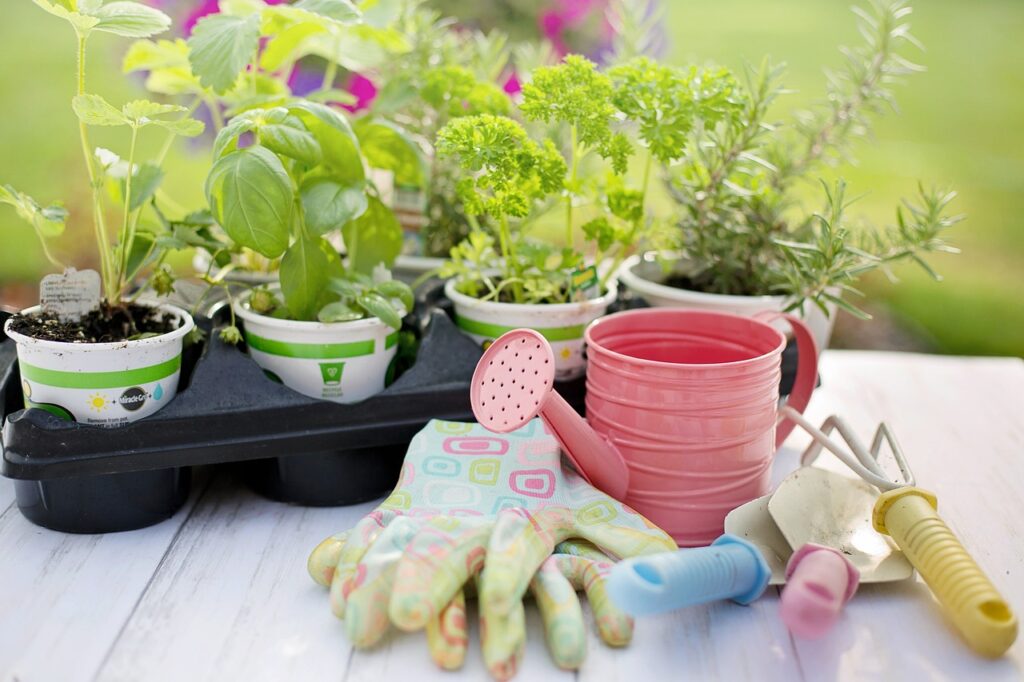
What are the Pros and Cons of Buying Transplants?
Pros of Transplants:
- Convenience: Transplants offer a convenient and quick way to start your garden without the need for seed starting equipment or a lot of gardening knowledge.
- Head start: Transplants offer a head start in the growing season, which can be beneficial for plants that require a long growing season or need to be harvested before the first frost.
- Greater success rate: Starting with transplants offers a greater chance of success since the plants are already established and less susceptible to disease, pest problems, or other environmental factors.
- Immediate harvest: Transplants can offer a quicker harvest than starting from seed, which can be beneficial if you’re looking to get a crop in before the end of the growing season.
Cons of Transplants:
- Costly: Transplants are generally more expensive than seeds, especially if you need a large number of them.
- Limited variety: Transplants offer a more limited selection of plant varieties to choose from, especially if you’re looking for rare or heirloom options.
- Limited customization: Starting with transplants means you have less control over the growth process and may not be able to customize the plant to your specific needs.
- Shocked root system: Transplants may have a weakened root system due to the shock of transplanting, which can affect their overall health and productivity.
Where Can I Buy Seeds?
There are many places where you can buy seeds, both online and in person. In general, seeds are available at local nurseries, in seed catalogs, online seed stores, and local farmers markets. Additionally, seeds can be exchanged and swaps at garden meet ups.
Local nurseries or garden centers
These stores often carry a variety of seeds for popular vegetables, herbs, and flowers that are suitable for your local climate and soil conditions. However, they are limited on varieties due to storage and warehouse space.
Seed catalogs
Many seed companies produce annual catalogs that feature their full range of seeds. You can often order these catalogs for free and then place orders online or through the mail. This is our favorite way to shop for seeds due to the information provided in the seed catalogs.
Online seed stores
There are many online stores that specialize in selling seeds, including large retailers like Amazon and specialty stores like Baker Creek Heirloom Seeds (https://www.rareseeds.com) or Johnny’s Selected Seeds(https://www.johnnyseeds.com). However, be cautious when purchasing from online stores. Make sure they are selling fresh seeds and not seed that has been sitting for a long period of time. You can always speak to a retailer if you are unsure of the seed company’s time stamps.
Local farmers’ markets
Farmers’ markets often have booths that sell locally grown produce and seeds, including heirloom and organic varieties. They also allow for a range of seed varieties that are great for the area you are growing in.
Seed exchanges or swaps
Some communities host seed exchanges or swaps where gardeners can trade seeds with each other. There are also Facebook groups and online forums that have seed exchange meet ups.
Home improvement and Big Box stores
Many home improvement stores like Home Depot or Lowe’s also carry a selection of seeds for vegetables, herbs, and flowers. In addition, Walmart, some grocery stores and even Dollar Stores will carry seeds. Again, be cautious about the validity of the seeds as they may be old. In my experience, cheaper seeds have lower germination.
When buying seeds, it’s important to choose seeds that are fresh, viable, and suitable for your growing conditions. Look for seeds that are packaged in airtight containers, have a high germination rate, and are labeled with important information such as the plant variety, planting instructions, and expiration date.
We like this equipment for starting seeds indoors:
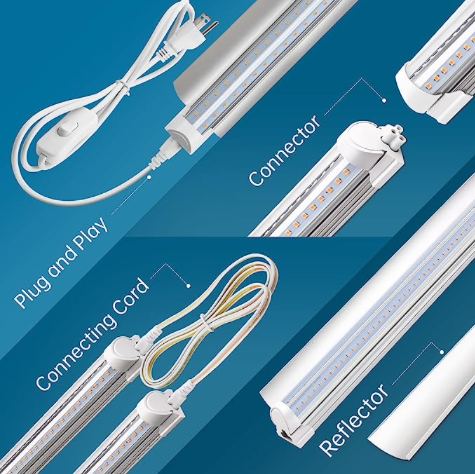
Grow lights. These are great because they can connect to each other and not require multiple outlets.
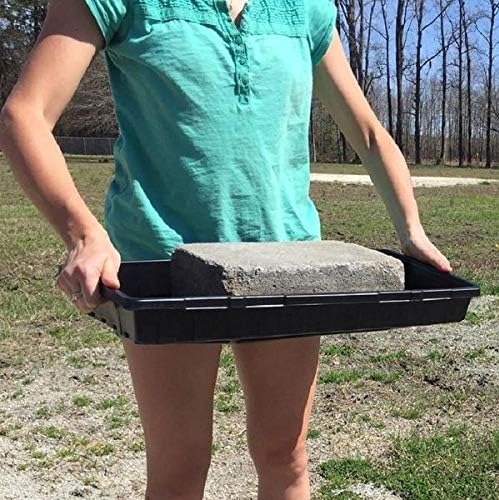
Super Strong Seed Trays. These seed trays come with a pricier tag but are incredibly durable and will last MULTIPLE seasons.
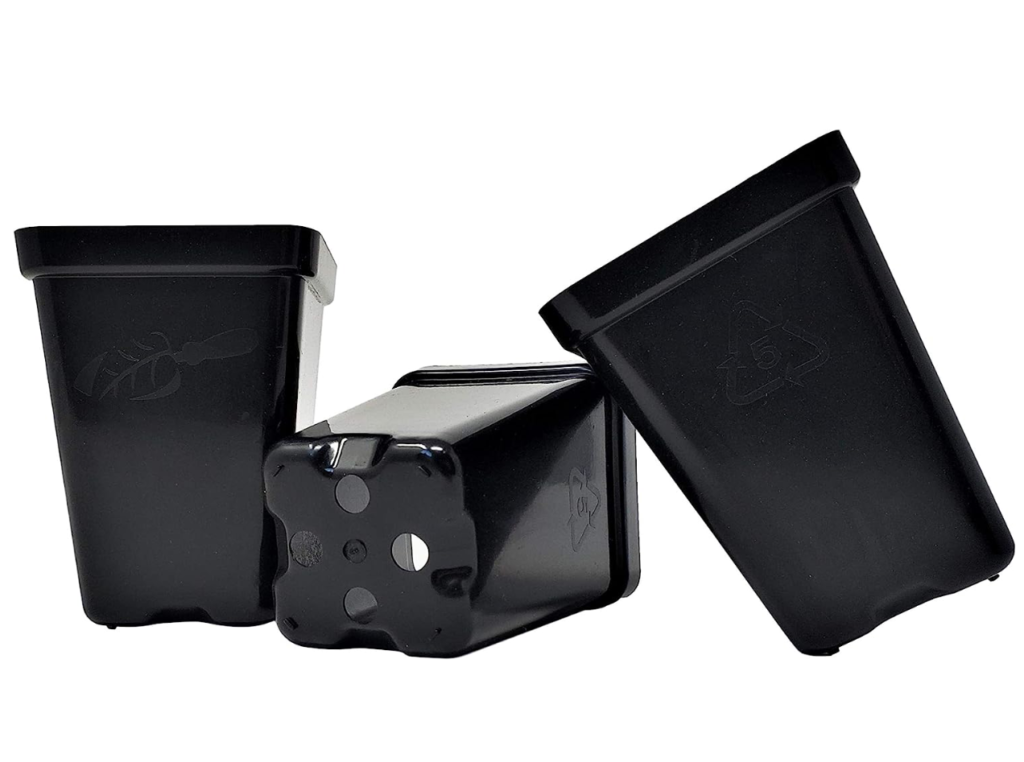
These 2″ Seed Pots fit into the trays. 32 pots fit in one tray! They are also made of the same durable material that will last MULTIPLE seasons.
Where Can I Buy Transplants?
Like buying seeds, you can buy transplants from almost all of the same retailers. Home improvement stores and local nurseries will have a large variety of transplants to look through.
In addition, you can order transplants through online retailers like The Sill or Bonnie Plants. However, you will not be able to see the transplants until they arrive to your door.
Ultimately, the decision to buy seeds or transplants will depend on your specific needs and preferences. If you enjoy starting seeds indoors and want a wider range of plant options, seeds may be the better choice. If you prefer convenience and want to ensure that your plants are established and ready to grow, transplants may be the way to go.
Continue Reading …
Recent Posts
In general, to harvest your own seeds, you must choose mature, healthy plants, allow seeds to dry out, and remove the seeds when they are completely dry. However, this process will look different for...
A guide on how to store and organize seeds for your garden. Vegetables, flowers, herbs, or anything you are wanting to grow. How to Store Your Seeds Proper storage of garden seeds is essential...

